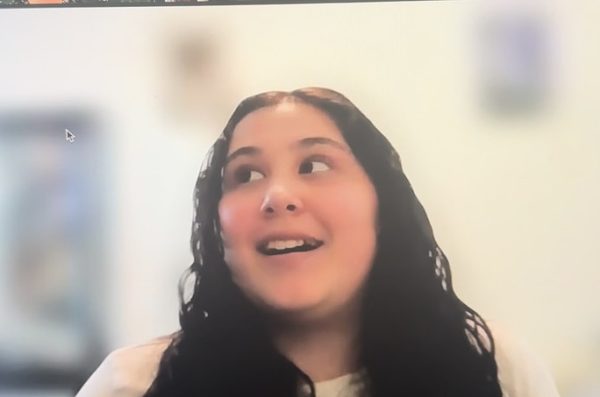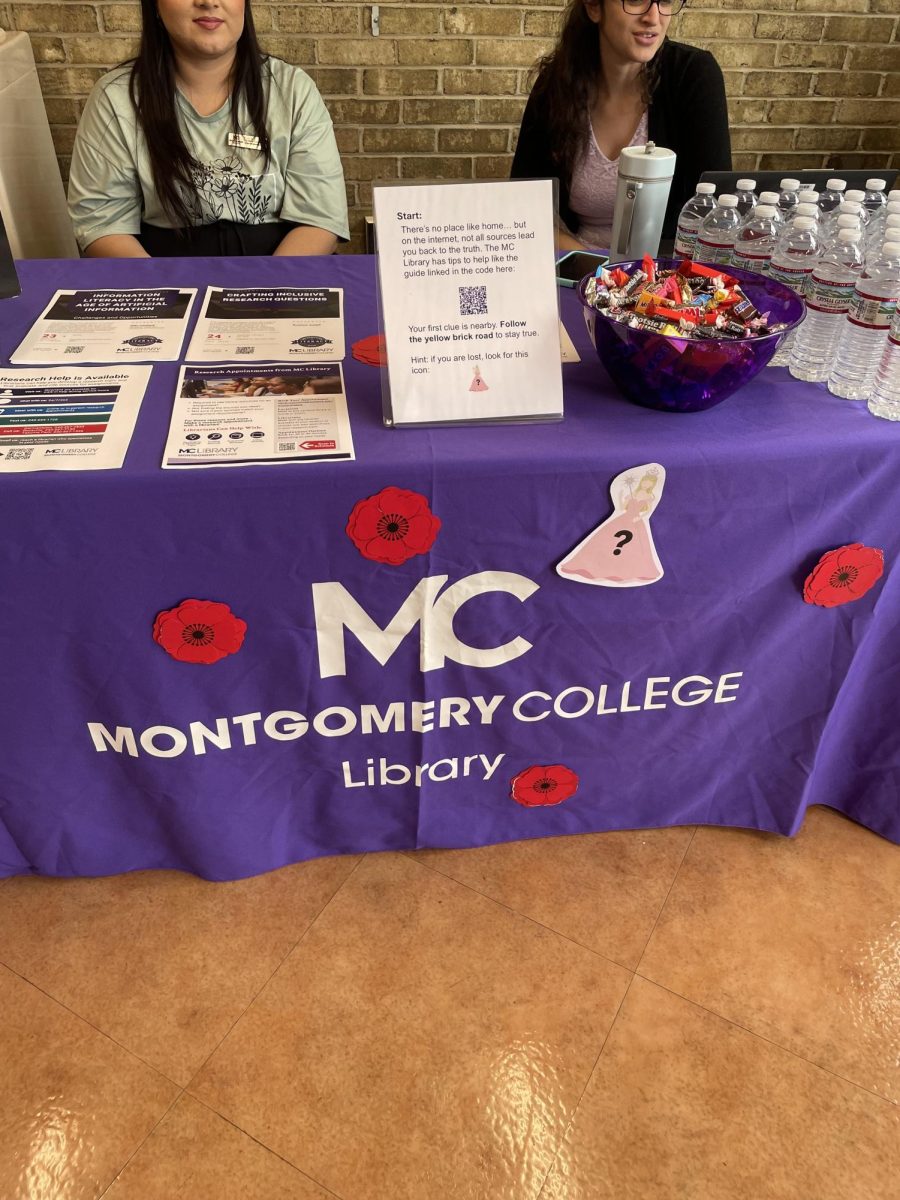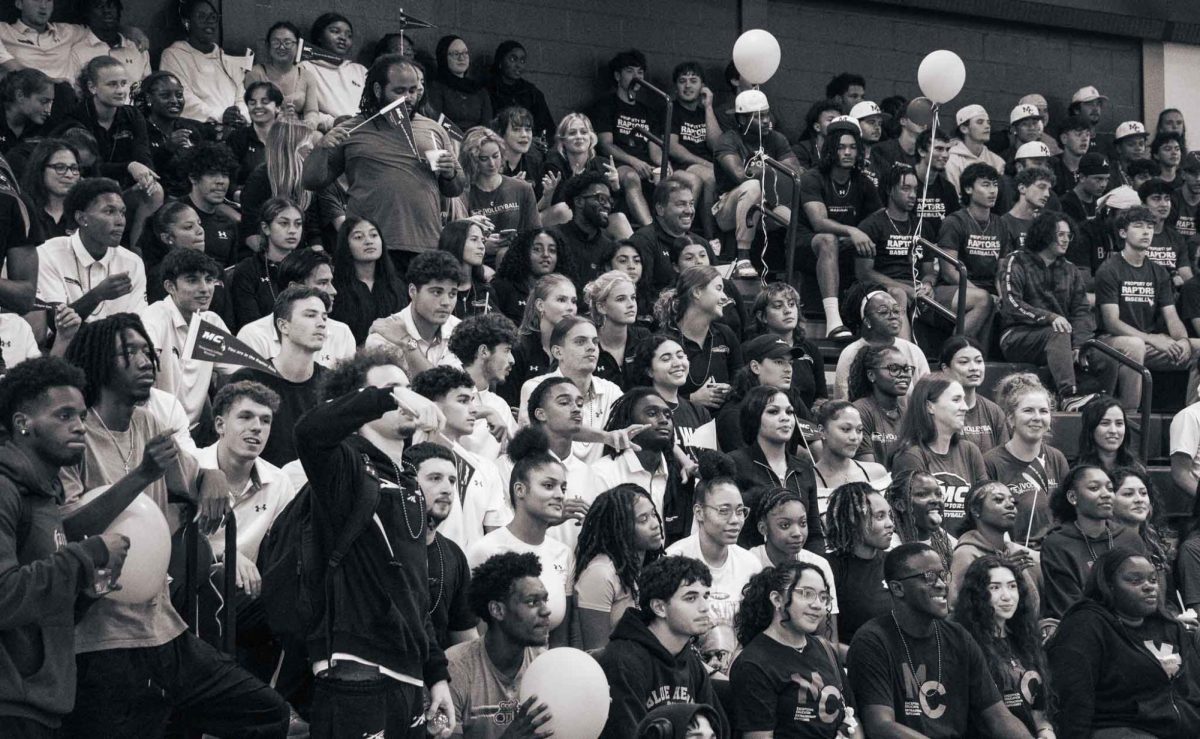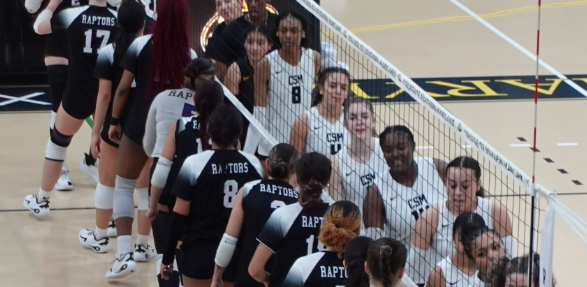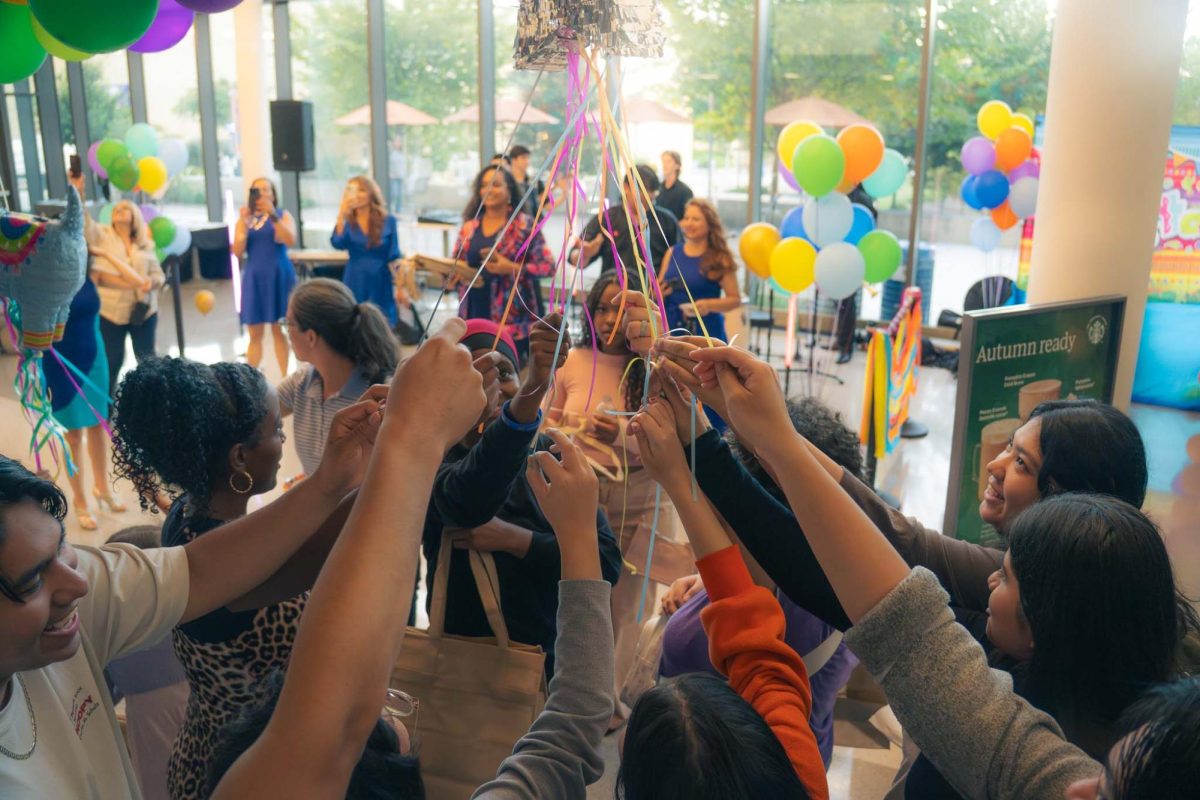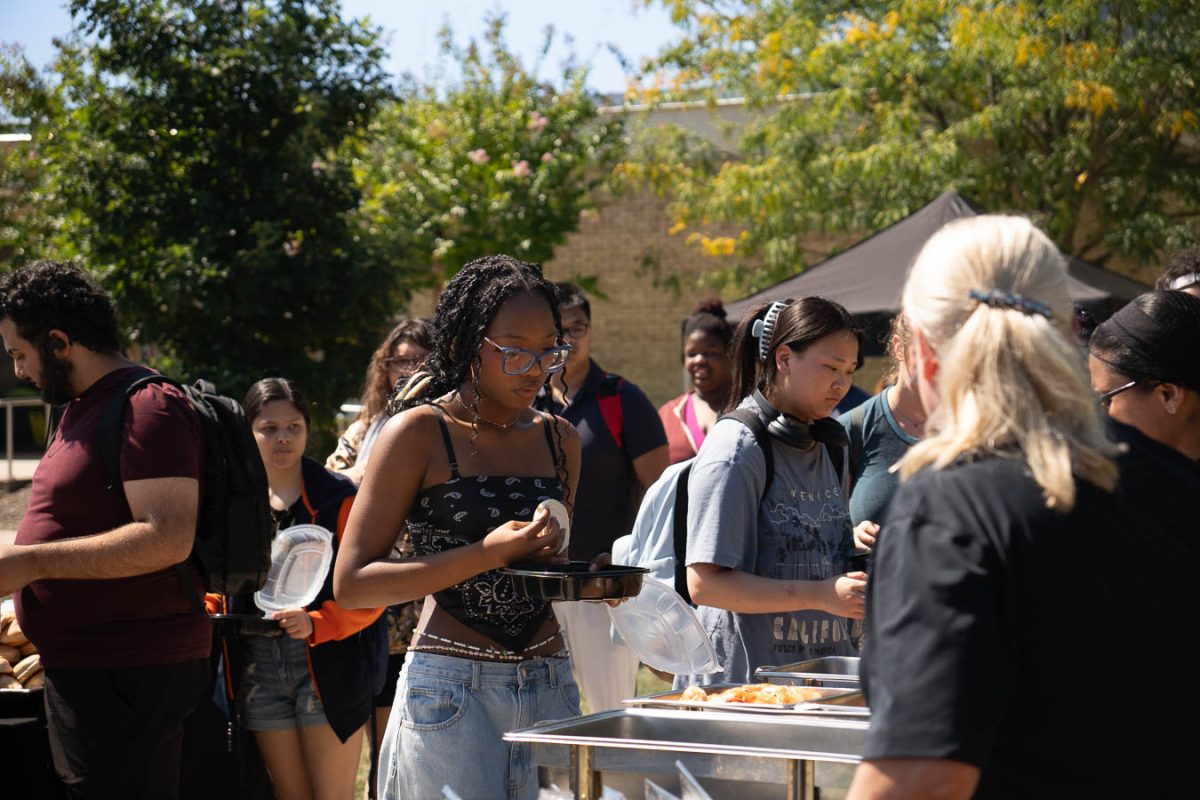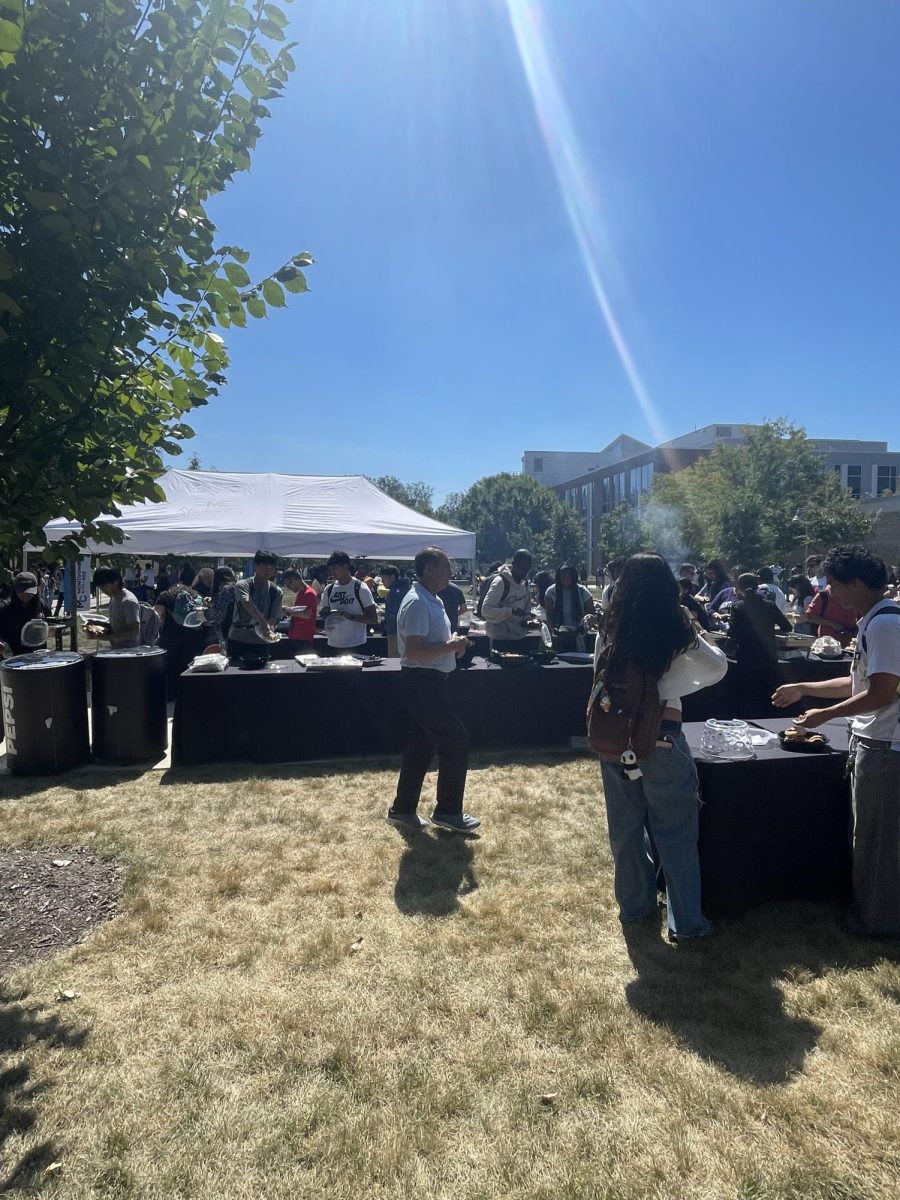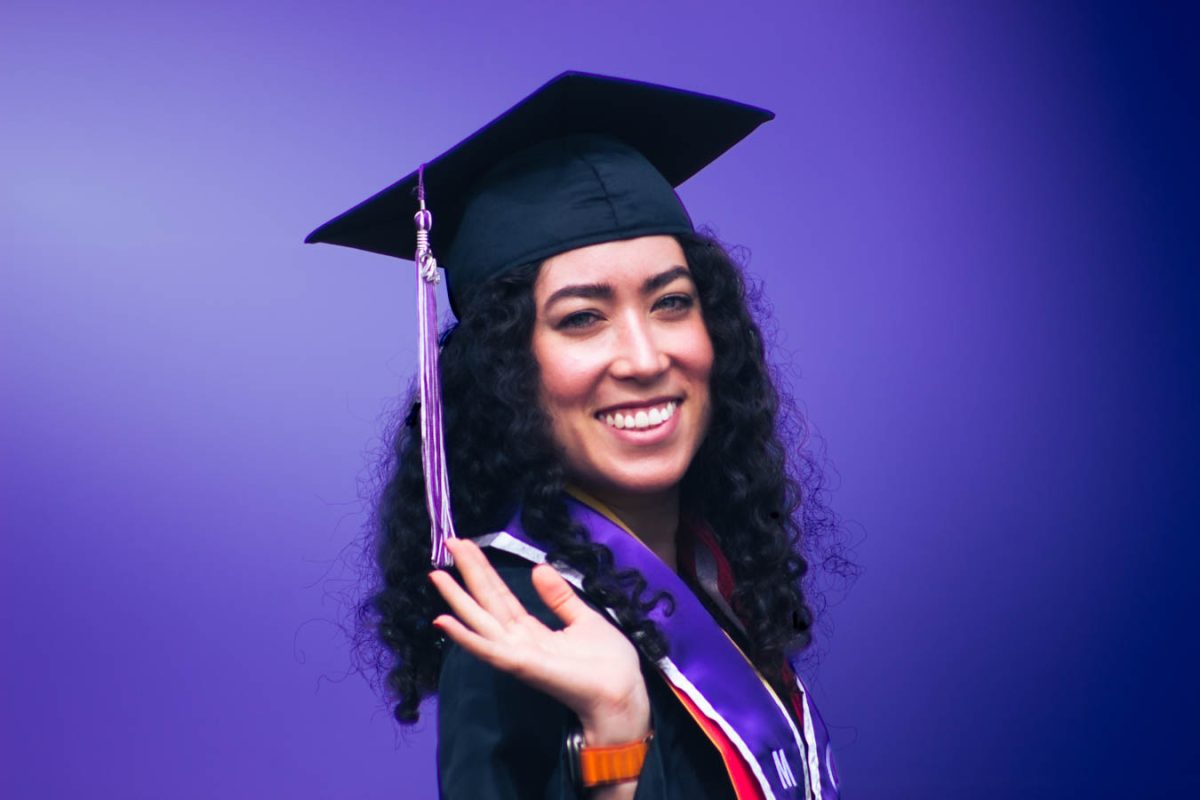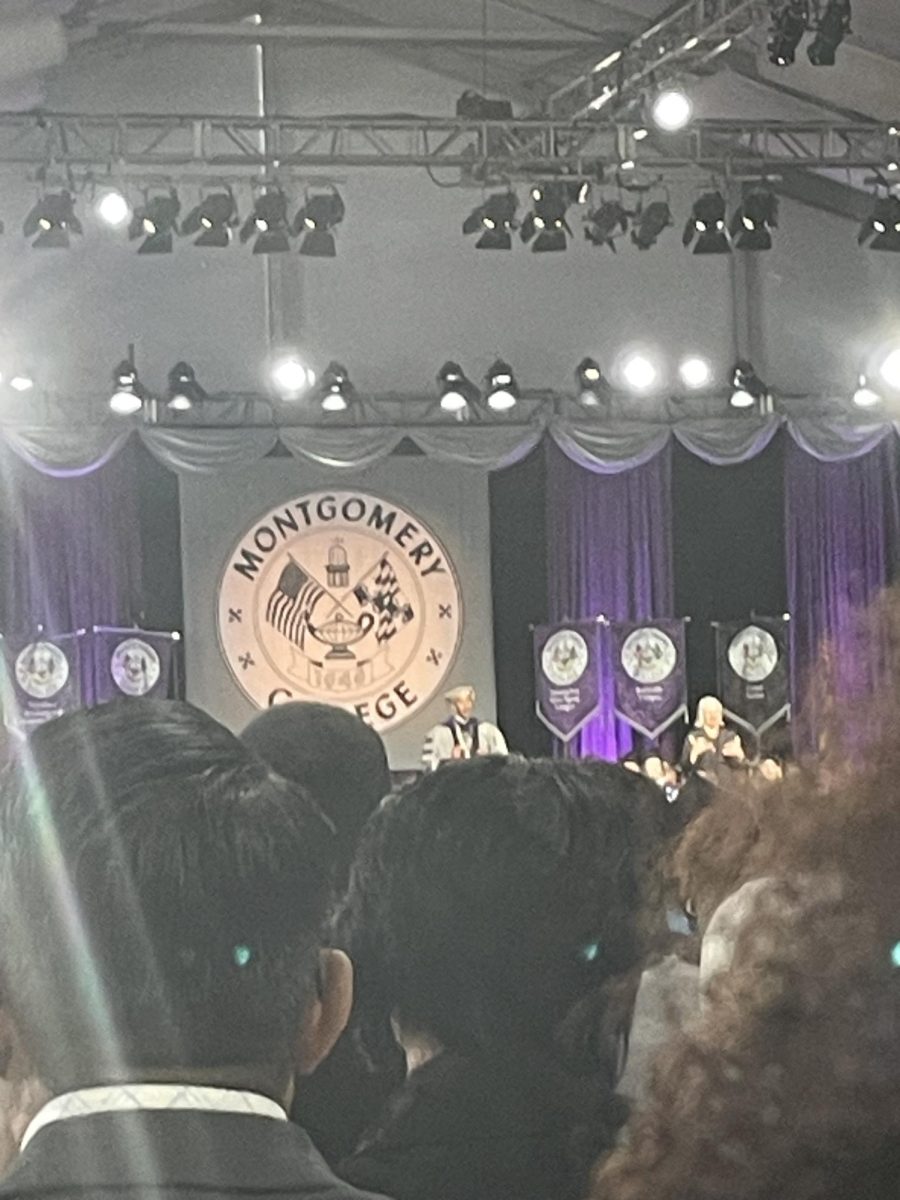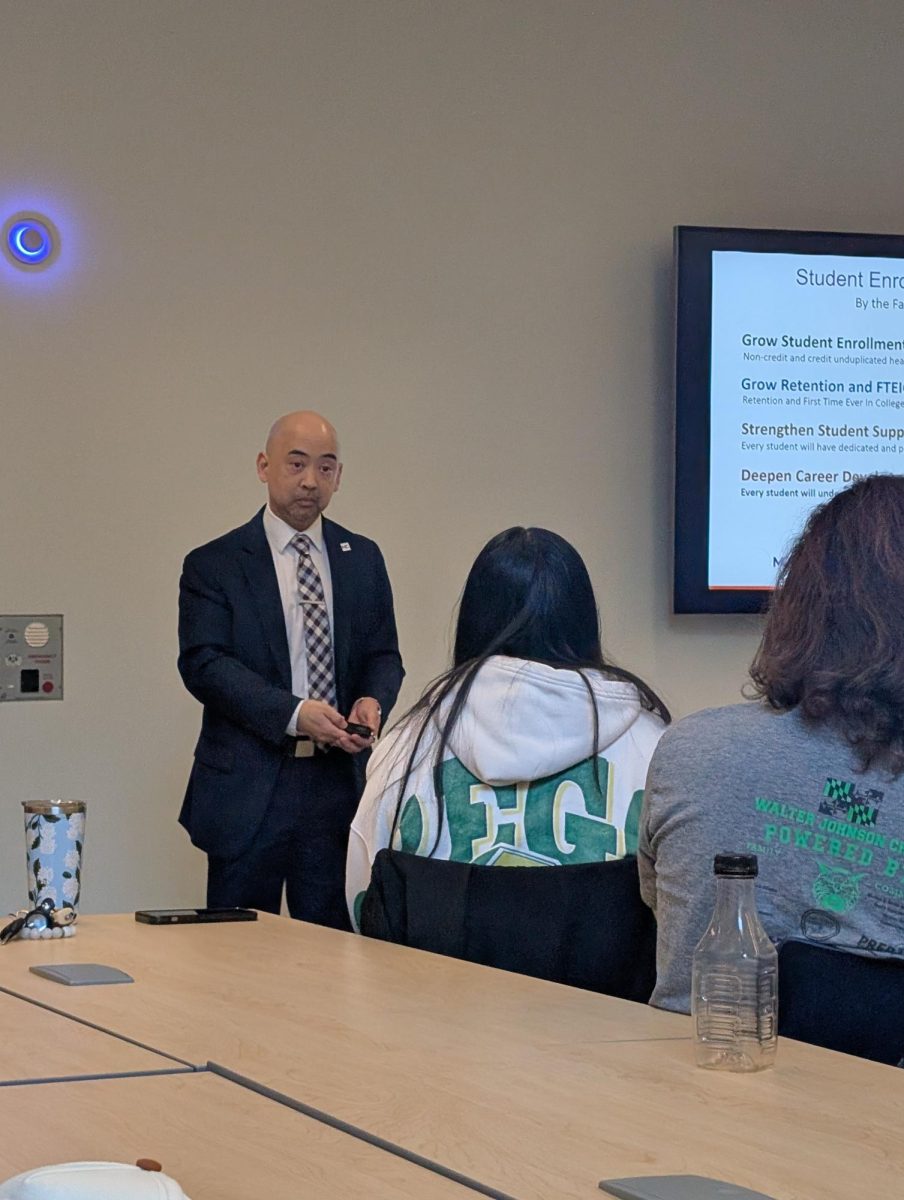The Library of Congress completed its construction in 1800 and was intended as a research facility for the U.S Congress. Now, it opens its doors to students from all over the country, giving them a chance to fill their minds with knowledge and indulge in their curiosity about the past. Some of those students have been chosen from our very own Montgomery College. The Paul Peck Humanities Institute Honors internship program gives students the opportunity to intern at the Library of Congress. These chosen students assist a professional researcher as well as do research on a topic of interest.
Four students, Aditiya Raj Binjaryia, Madeleine Soenens, Gaby Lamy, and Celia Burns interned at the Library of Congress. During the MC Humanities week, a Zoom meeting was led by Michelle Moran on Wednesday, October 23, that allowed the students to share their experiences and present the research they conducted.
“Students were asked to do incredibly sophisticated research. They were asked to stretch themselves to new areas” says Michelle Moran, a history professor and PPHI Honors Internship Coordinator at Montgomery College.
Aditiya Raj Binjariya recalls his internship at both the Library of Congress and NIH, saying that “working there was a dream come true.” He worked alongside Sabina Leonelli, a professor of philosophy and history of science at the Technical University of Munich.
Their research consisted of looking at congressional hearings, records, and other official documents that promoted open science to the public from 1945-2010. Binjariya did his own research on colonial India and its attitudes towards Indian indentured servants in British Guiana, Trinidad, and Tobago. “Seeing people that were experts in the field was eye opening” he comments.
“There is an art and a skill that is needed to craft an argument and get your ideas across in a way that is engaging to your reader but still true to your message” Madeleine Soenens says. She assisted Simone Blanford, who is a Postdoctoral Researcher at the British Research Council Fellow. Soenens explained how much of their research was focused on the impact of radical left wing pamphlets that contributed ideas like socialism and societal problems on Chicago’s marginalized communities. She completed her own research on the effects of stress response on cancer progression, using mindful mediation as a potential therapeutic approach.
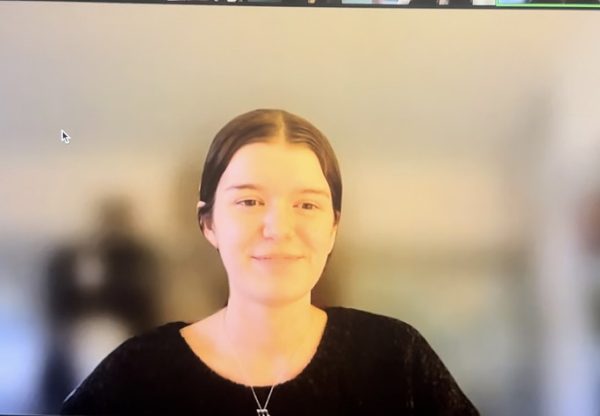
Gaby Lamy aided Joshua Fitzgerald who is a Cambridge Fellow (a senior member of Cambridge University who is distinguished in their field). They developed a learning space by examining Aztec temples while also decolonizing Mexican architecture with Nahua terms. The Nahua are the largest Mesoamerican indigenous group of Mexico that had connections to the ancient Aztec people. With the help of ancient books from the Library of Congress, she was able to translate Nahua hieroglyphics which helped her gain a skill in linguistics. Her own research was on the effects of standardized testing on students with ADHD, also known as Attention-Deficit/Hyperactivity Disorder.
Celia Burns worked alongside Arnand Kurze, a Global Fellow at the Woodrow Wilson Center. A few of his main topics of study are youth activism, human rights, and art in the Balkans, Middle East, and North Africa. She studied manuscripts and did literature overviews on transitional justice theory and the impact of youth activism, art, and technology. She explored internet usage in Uganda and how it affected the outcome of youth activism.
“I think the humanities is really important for teaching us a more holistic view of things.” Burns responds when asked about how this program has contributed to the humanities, “it allows you to look at the broader context like culture and history. You can understand how things came to be, why they are as they are, and what you might do to help.”
The Library of Congress and its researchers have contributed much to the world of humanities. The institution hopes to be able to continue to invite in students who are eager to dive into the depths of the past in order to create a better future.
Find more about the PPHI internship program at: https://www.montgomerycollege.edu/special-programs/paul-peck-humanities-institute/index.html
